The UK is to leave the European Aviation Safety Agency. That was confirmed by Transport Secretary Grant Shapps speaking in Washington on Friday.
Mr Shapps told Aviation Week, ““We will leave EASA. The powers will revert to the CAA, who are probably one of the world’s leading regulators and the expertise will need to come home to do that, but we’ll do it in a gradual way.”
The break from EASA will come at the end of the current transition period, on 31 December 2020, although that could be extended.
The CAA will take over certification of aircraft and airworthiness, and licensing.
The UK will seek “mutual recognition of certifications in bilateral agreements with other countries and blocs,” continued Mr Shapps.
Mr Shapps was in Washington for meetings with transport security officials and signed a joint agreement (photo top).
At the moment, the UK is considered a ‘third country’ within EASA, treated as an EASA state but not taking part in any decision-making.
The trade association representing the UK aerospace industry, ADS, is not happy about the announcement.
ADS chief executive Paul Everitt said, “We have been clear that continued participation in EASA is the best option to maintain the competitiveness of our £36bn aerospace industry and our access to global export markets.
“Government had promised it would consider harmonisation where it is in the UK interest and will be led by the evidence on the future of aviation safety regulation.
“We are disappointed that it has not taken a more ambitious approach. It is essential that it works with us to deliver a regime that does not put jobs at risk in an industry that employs 111,000 people in highly skilled roles across the UK.”
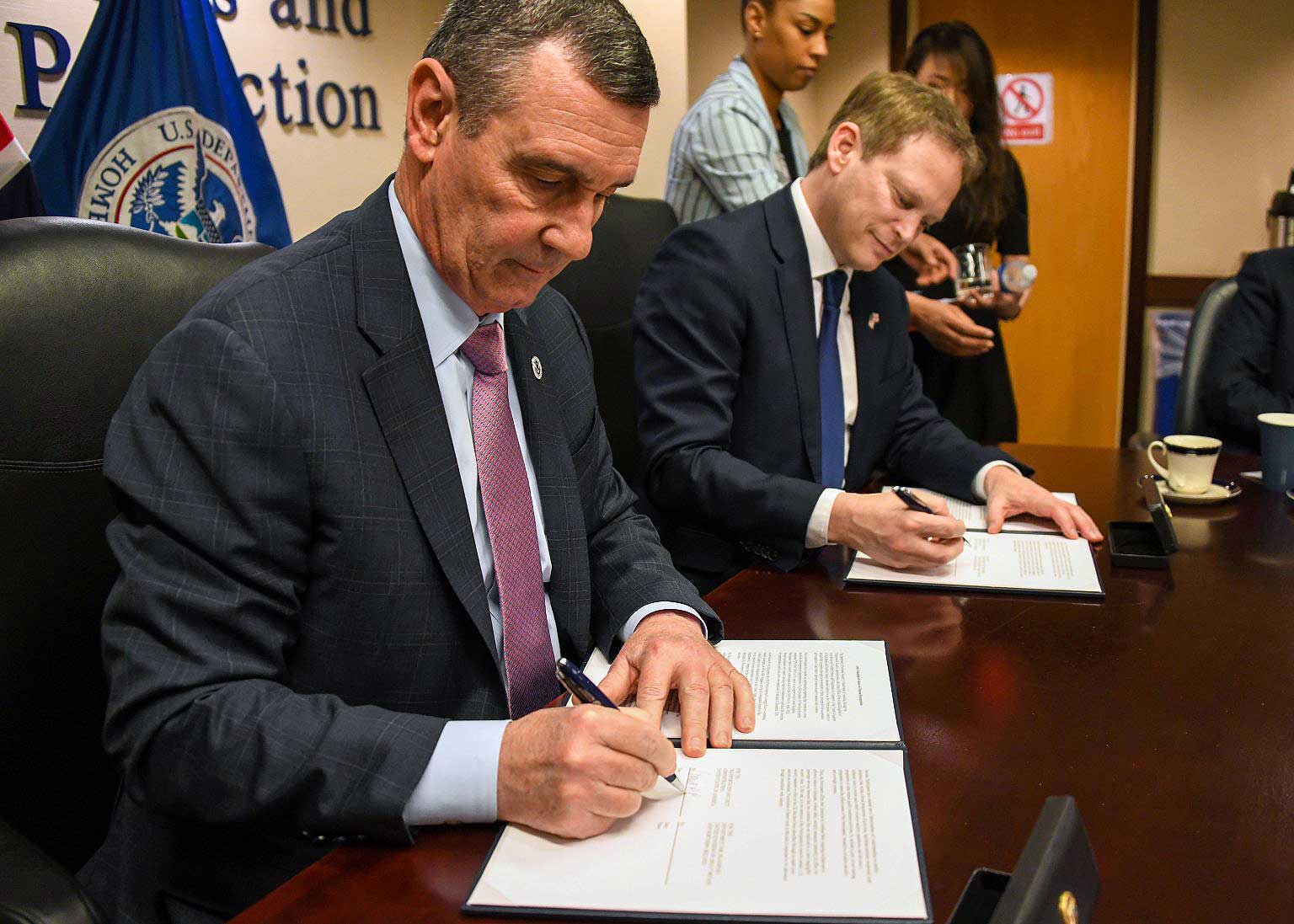
Secretary of State for Transport, Grant Shapps, right, was in Washington to sign a security agreement with David Pekoske, TSA administrator
In the next issue of FLYER, which went to press before Grant Shapps’ comments, Ed Bellamy identified that UK would not continue as an EASA member state following the recent Government paper on negotiating the future relationship with the EU.
“The paper covers areas in which the Government intends to negotiate agreements with the EU such as trade, international cooperation and technical standards,” writes Ed Bellamy.
“Crucially it makes clear that the Government will not accept arrangements in which the UK does not have control of its own laws or agree to any obligations for laws to be aligned with those of the EU.
“It is hard to see how this would be compatible with the UK remaining a member of EASA. In the period after the 2016 referendum, it appeared to be Government policy to try and remain a participant EASA state, in the way that Switzerland, Norway, Iceland and Liechtenstein currently are. Under this arrangement the UK would have retained technical participation in rulemaking activity and a seat on EASA’s management board, but without voting rights on actual legislation.
“However, the UK would have been obliged to implement EASA regulations into UK law, which appears to be incompatible with the Government’s negotiating position.
“The specific paragraphs of the paper addressing aviation describe an intention to establish a ‘Comprehensive Air Transport Agreement’ (CATA) covering traffic rights and a ‘Bilateral Aviation Safety Agreement’ (BASA) to facilitate the recognition of aviation safety standards and cooperation between the CAA and EASA. Proposing a BASA also suggests that EASA membership is not the Government’s intention, since a BASA would not be necessary in that case.
“The prospect of a BASA raises more questions though – while EASA currently has several BASAs with the states such as the US, Canada and Brazil they are generally limited to technical standards in airworthiness certification and do not cover areas such as pilot licensing.
“Attempts to expand the US – EASA bilateral into licensing have not come to fruition despite years of talks, so it is unclear how realistic the Government’s intentions are or what the scope of such a BASA would be.
“The Government’s position also appears at odds with that of the Civil Aviation Authority, which has maintained since the referendum that continuation of mutual recognition through the EASA system would be the best outcome for consumers and industry.
“Even outside of EASA, any agreements would have to balance the benefits of mutual recognition with the freedom to diverge. After years of participation in the EASA system, the UK by default is broadly aligned with the European framework.
“It remains to be seen what the appetite for divergence will be. Being outside EASA would give the UK the opportunity to decide which elements of the system to retain European alignment on, but would leave the UK CAA unable to issue EASA licenses and approvals.
“For GA at least, leaving EASA would mean an end to the EASA / non-EASA distinction and the possibility of wider access to initiatives currently limited to the nationally regulated sphere, albeit changes not meeting ICAO requirements would remain limited to domestic airspace.”


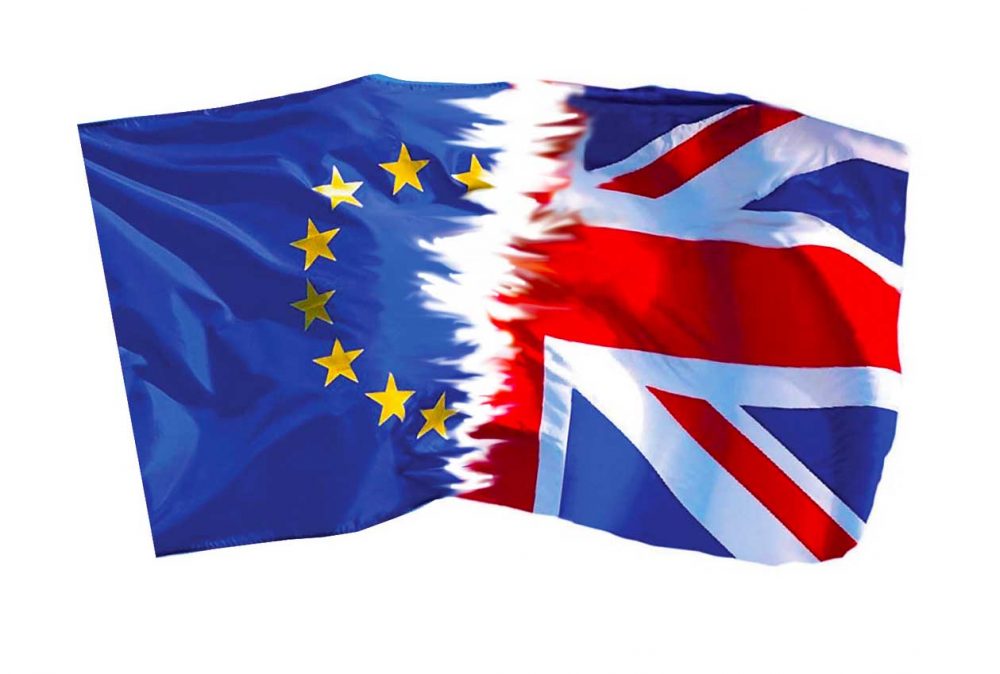

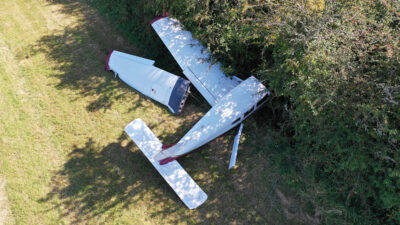


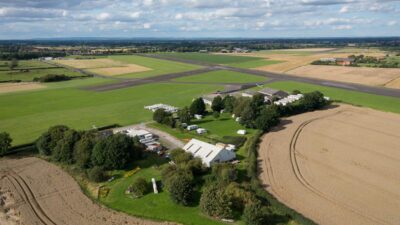
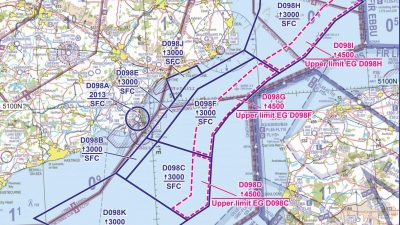
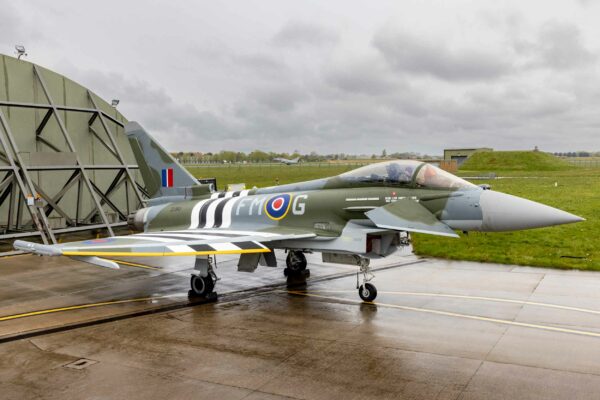
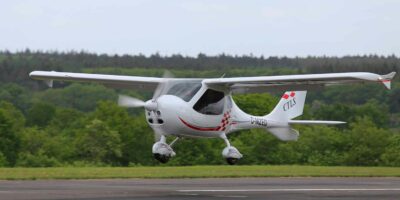
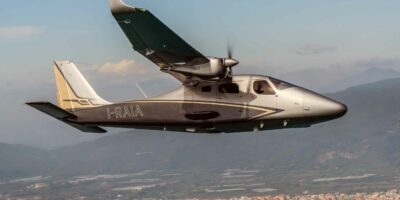


1 comment
Does this mean that NPPL licences will be valid for Cessna’a & Piper’s etc